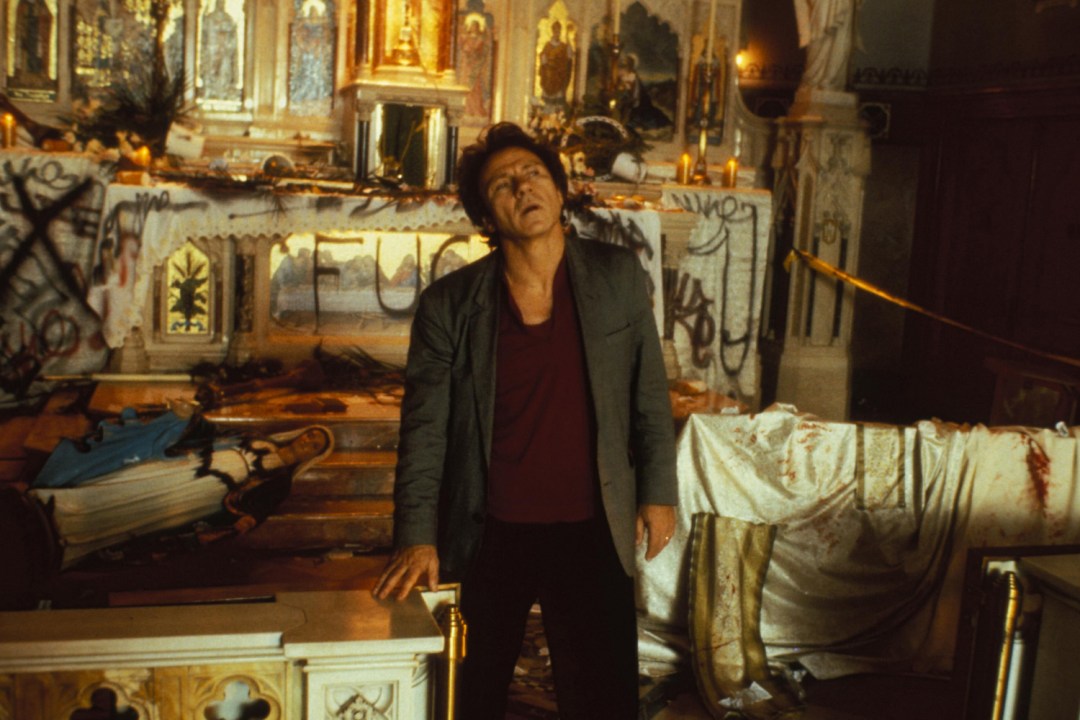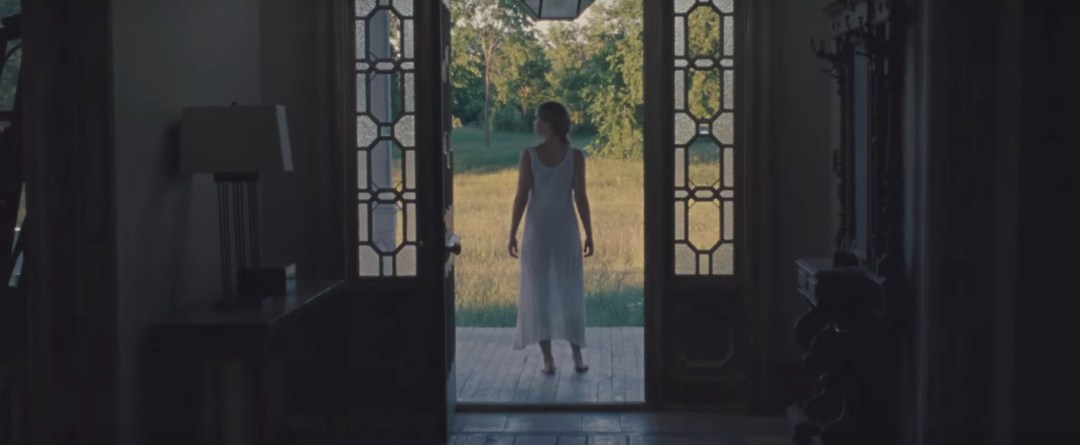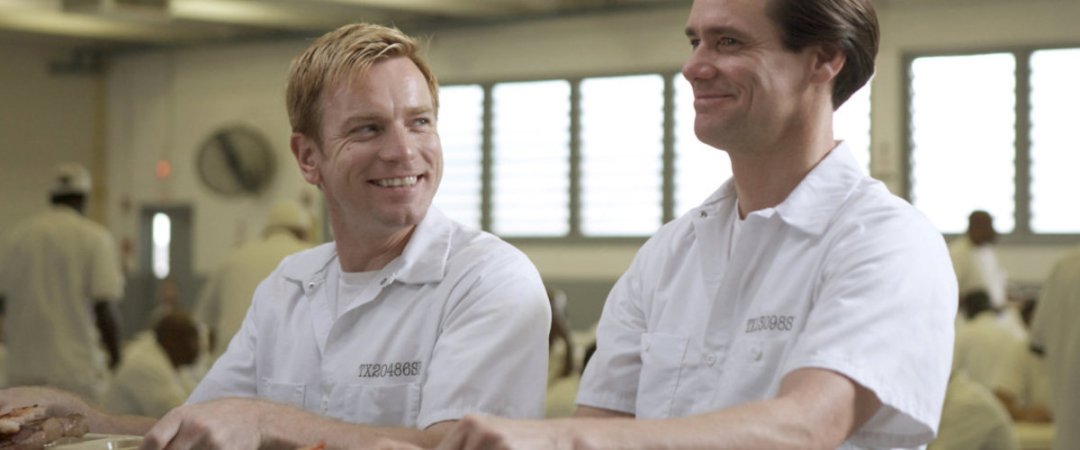Two weeks ago, I sat down to start writing an article about one of my favourite TV shows, The Booth at the End, for a new recurring feature called Cancelled Too Soon. Just like every other article I write for this blog, my first stop was Wikipedia, to refresh myself on the basics: the names of all the actors, writers and directors; who produced and distributed it; how high were its ratings or box office; what was the general timbre of contemporary critical reception. I always check this stuff first because it’s the stuff I’d be most embarrassed to get wrong, especially since I routinely see professional writers get them wrong, and my second-hand embarrassment on their behalf is so intense that I’d probably throw up if I experienced it first-hand.
Most of this information does not exist on the Wikipedia page for The Booth at the End.
The very first line of the article says it was “originally produced for the US cable channel FX”.
That’s not true. Very little of the information in the article is true, and some of it is contradictory – it claims that it first aired on Canada’s City TV network in one part of the article, and that it first aired on FX in another. I spent hours searching for contemporary reporting on The Booth at the End and it was even more contradictory and confused. So, I decided to do some primary research of my own.
Two weeks later, I have a pretty good grasp of the true story of The Booth at the End. Most of it came from a Twitter conversation with its creator and writer, Christopher Kubasik, and an email exchange with Doug Miller, the media contact for the show’s production company, Vuguru. I don’t have all the fine details, but I’m reasonably satisfied I know enough to tell you the mysterious tale of this strange, ground-breaking and now tragically-forgotten show, cancelled before its time, its history rendered opaque thanks to shoddy reporting by contemporary news sources.
The Booth at the End is the best TV show you never knew existed.
Continue reading “Cancelled Too Soon: The Booth at the End” →










